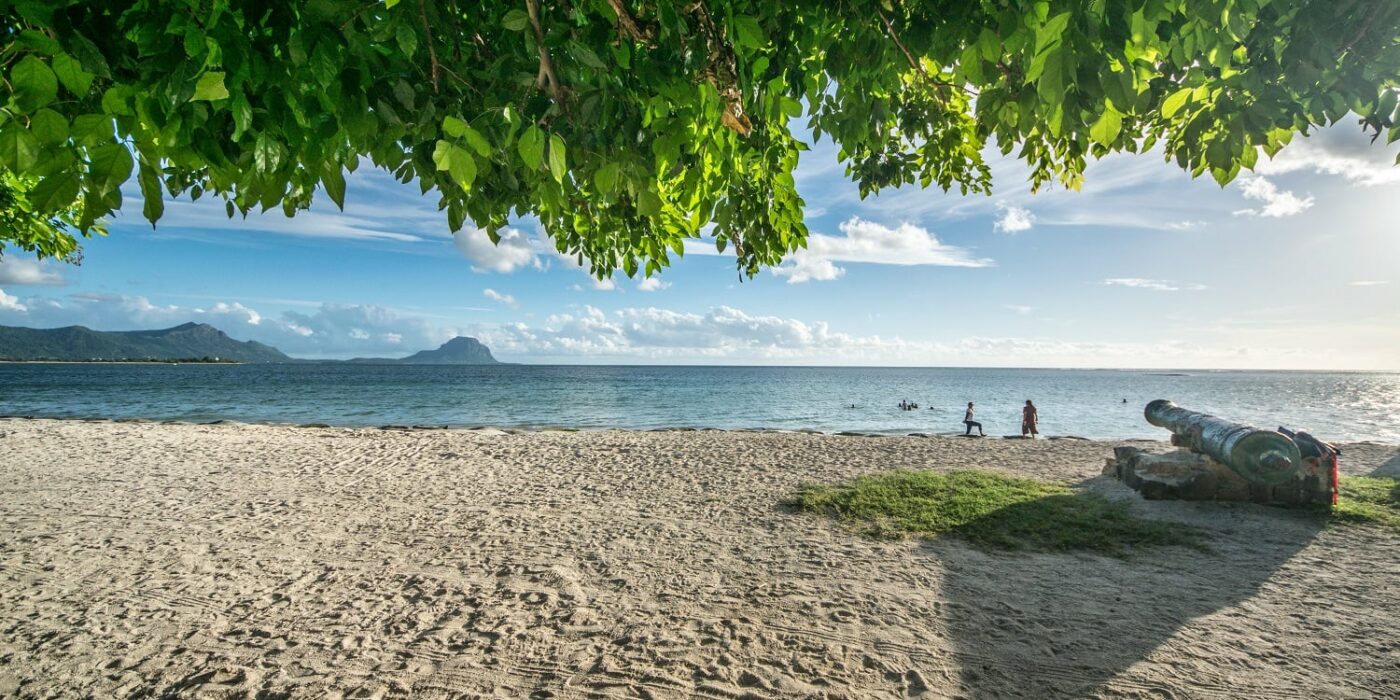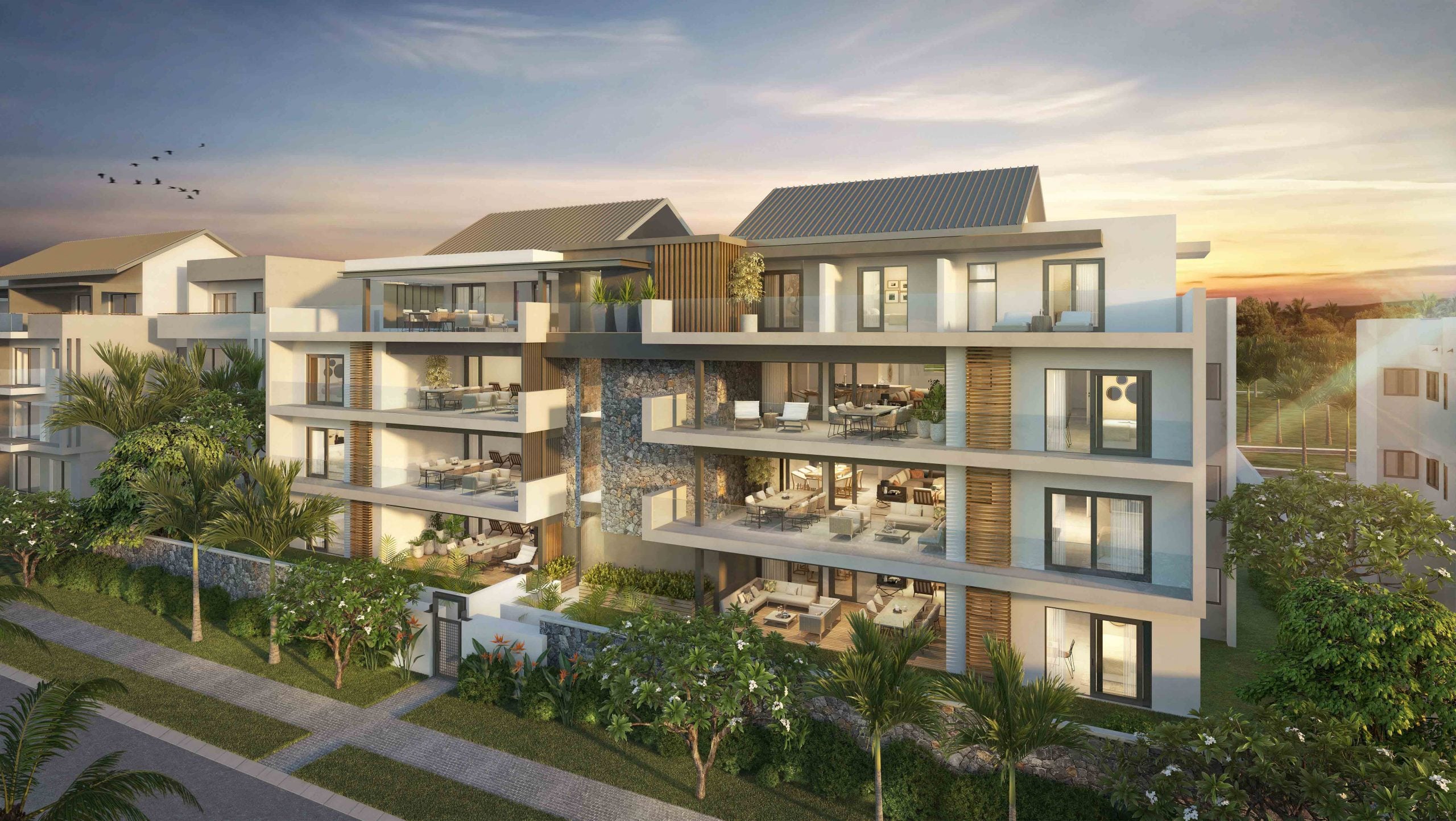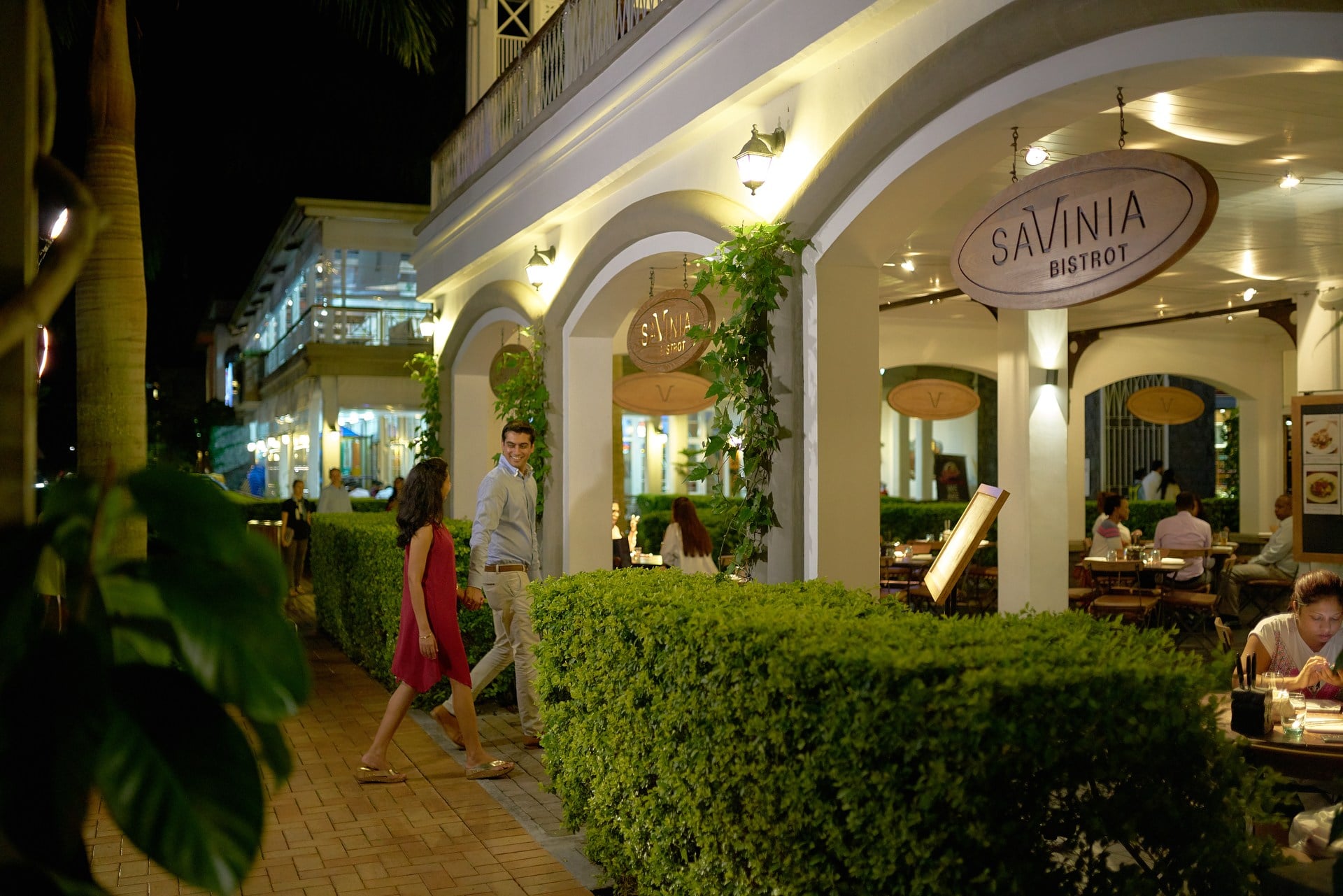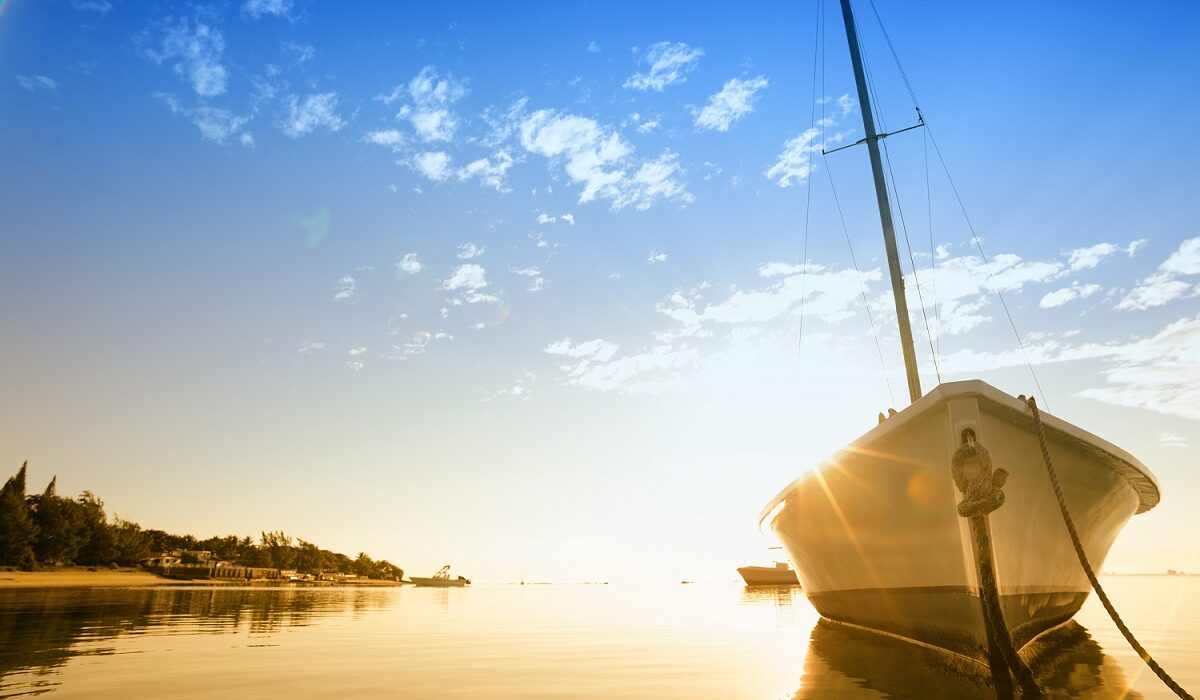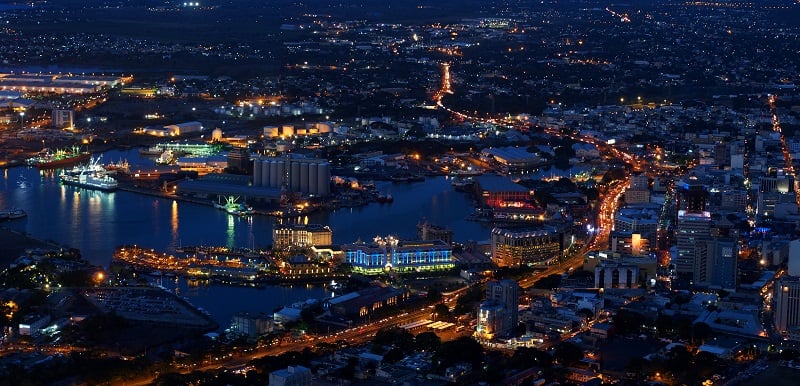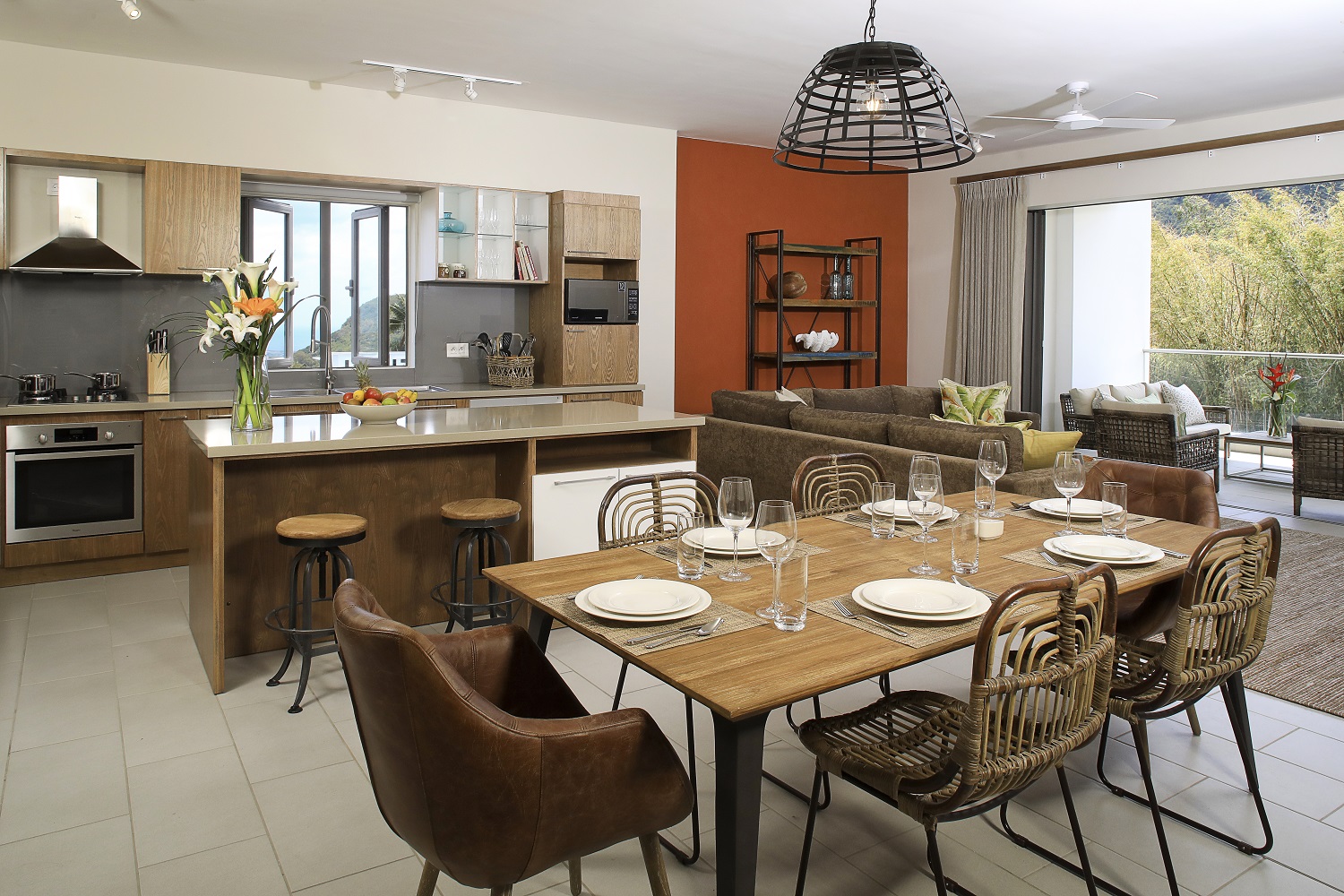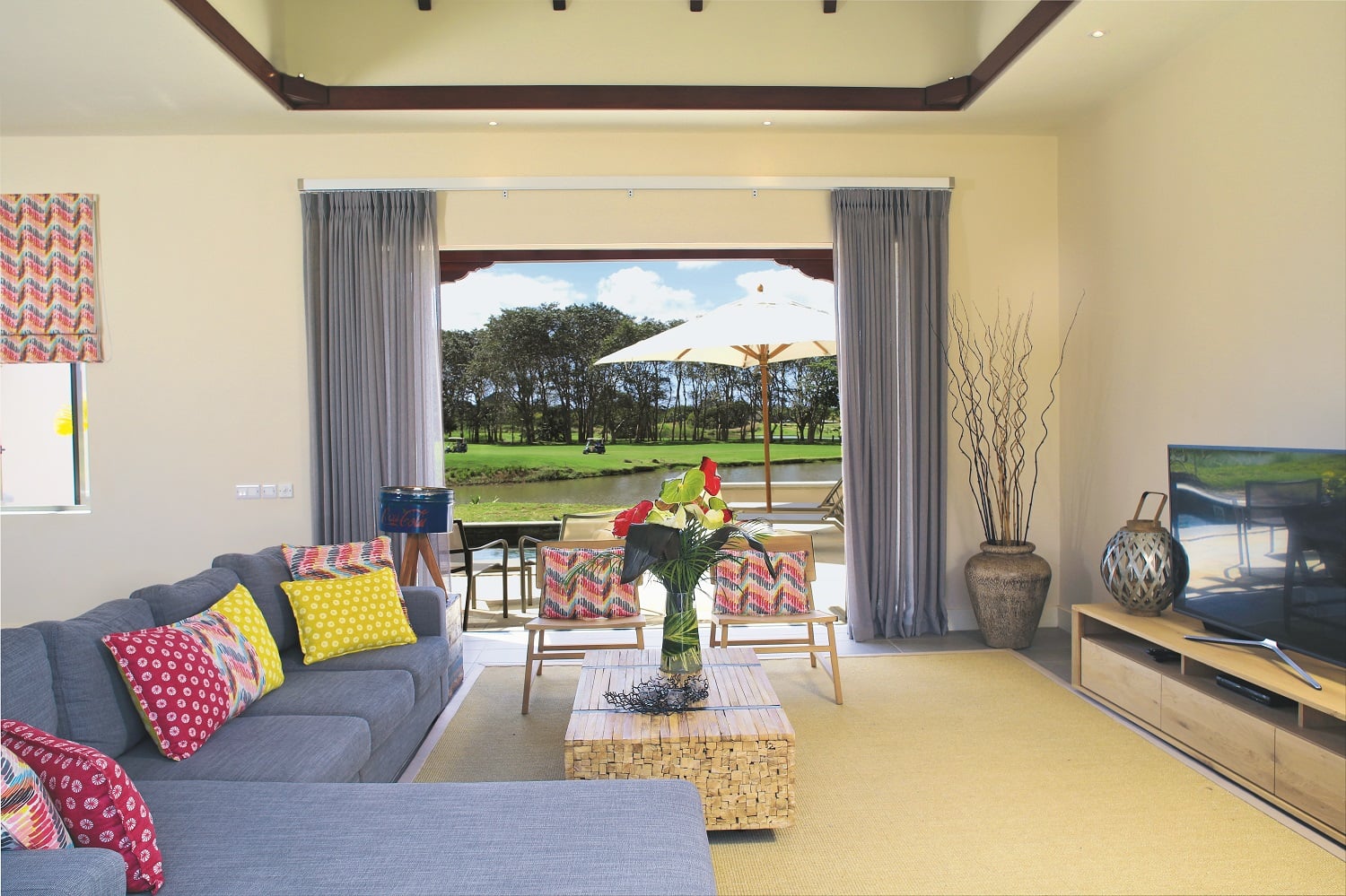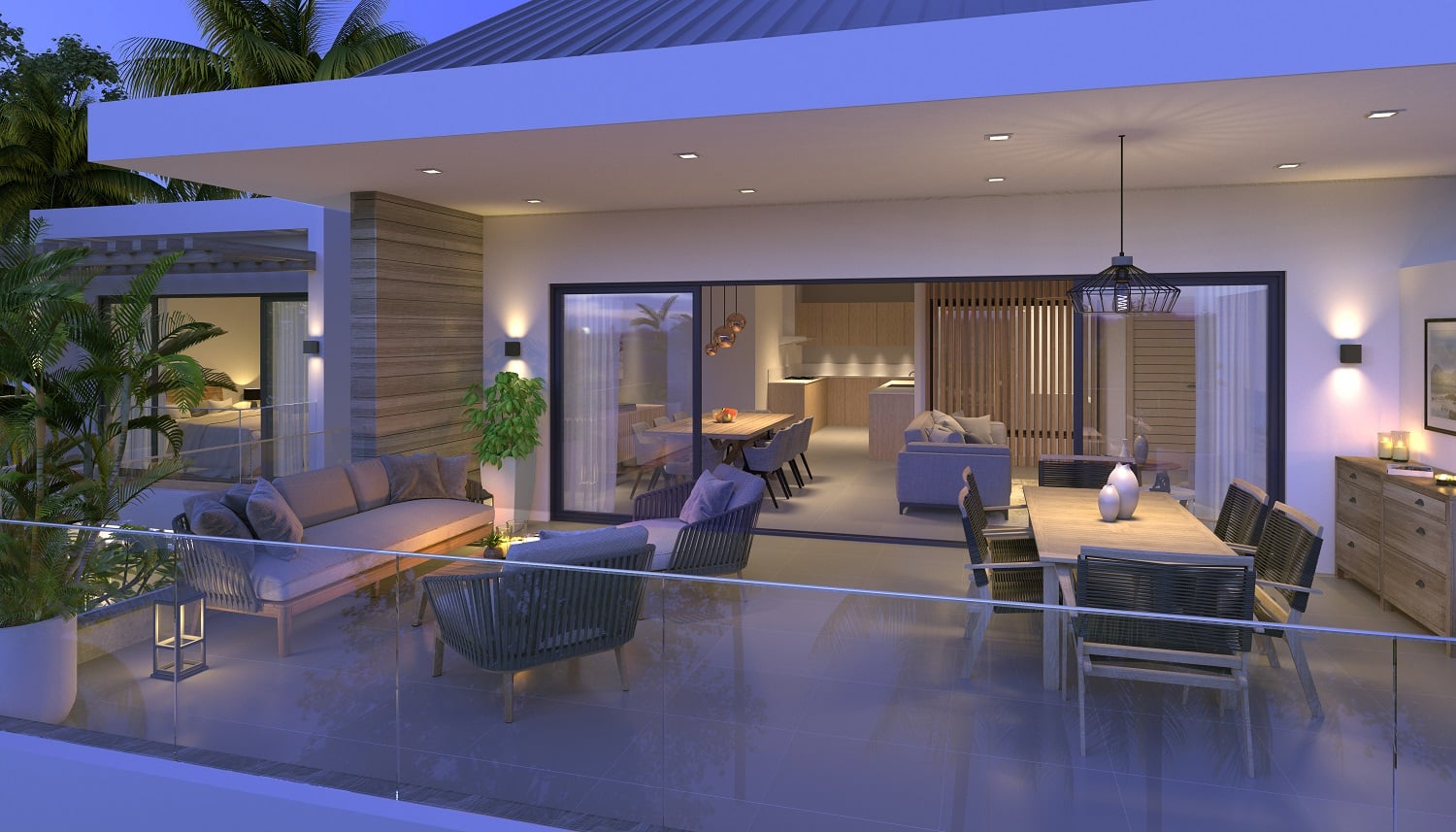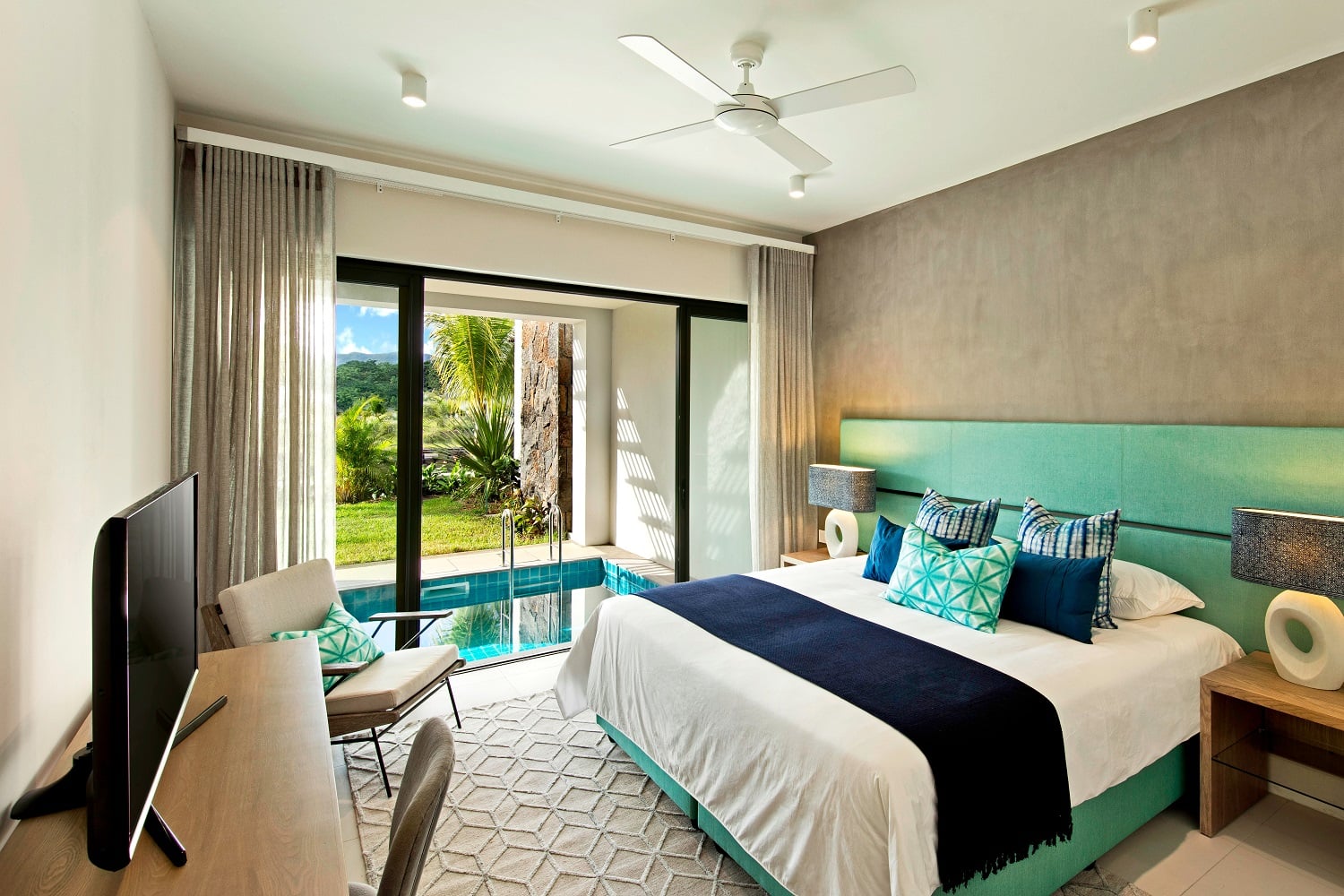The pros and cons of retiring to Mauritius
This time we discuss the pros and cons of retiring in Mauritius for South Africans. In this article, we pay attention to factors such as safety and security, taxation, connectivity, healthcare and lifestyle.

Let’s look at some of the potential advantages first. Based on United Nations Office on Drugs and Crime (UNODC) figures, Mauritius is a substantially safer place for retirees than South Africa. In fact around 20 times safer and with Mauritius being closely comparable to the UK and also safer than US.
In terms of tax savings, there is not much difference between the effective tax rate for a retiree in Mauritius and South Africa at an income level of around R600k per annum. However, the flat 15% rate applied on the island delivers meaningful savings for tax residents as soon as income levels start getting higher.
It takes about a year to move your tax residency from South Africa to Mauritius. Residents are taxed on both income generated through local investments and foreign income remitted to Mauritius (i.e. only when received in Mauritius). For instance, the annual profit of an offshore structure or investment would not be taxable save for earnings repatriated back into Mauritius. This comprises a substantial advantage for those with offshore-based wealth and income-generating assets.
Easy connectivity
Another key advantage is the connectivity factor. Increasingly kids and grandkids are basing themselves in the likes of UK, Europe and Australia. Mauritius has easy connectivity to these major destinations as well as many African cities. With numerous flights daily, it won’t be an issue for South African retirees to plan a trip back home to visit family, friends and business counterparts.
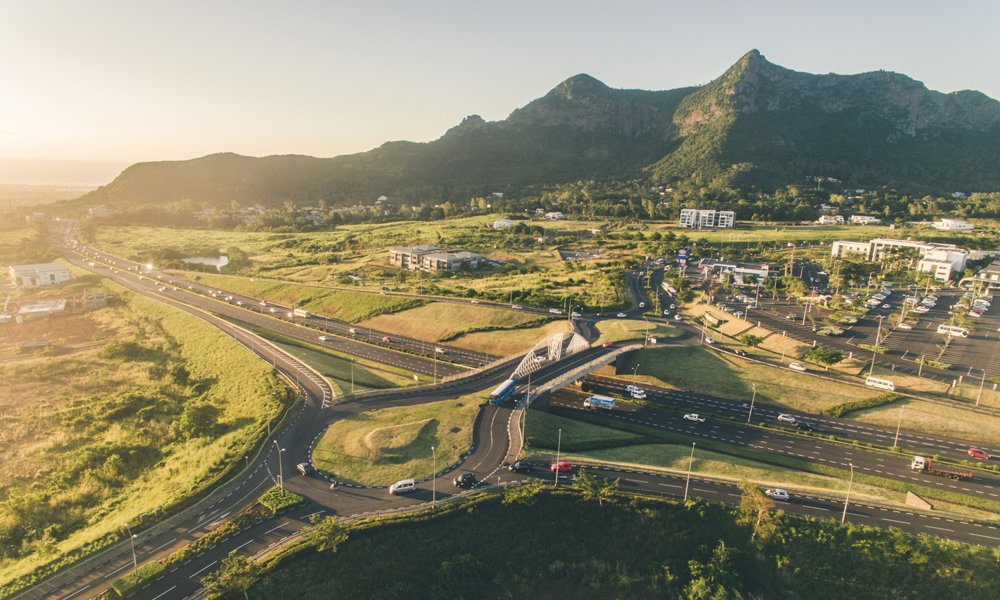
The public healthcare system in Mauritius is well-developed, expanding and available free of charge to all residents. There is also private healthcare with costs that are comparable to those for medical treatment in South Africa. Both cater to the vast majority of healthcare requirements of retired residents.
The World Health Organisation (WHO) ranks the national health system 84th overall out of 191 countries. The country stands at 56th position in terms of responsiveness with an index of 5.57. In addition, Mauritius is ranked 54th, South Africa 133rd and Portugal 30th in the Health category of the Legatum Institute’s 2019 Prosperity Index.
Healthy outdoor lifestyle & cultural treasures
With summer temperatures ranging from 25°C-33°C and 17°C-25°C in winter, there are also few places in the world that measure up to Mauritius in terms of a healthy outdoor lifestyle. This idyllic tropical island obviously has much to offer in terms of land- and water-based activities. There are also many sports clubs and gyms catering for all levels of fitness.

Moreover, Mauritius is a unique melting pot of many different cultures that have gelled well together to create a feeling of peaceful harmony. There is a vast array of historical, cultural, artistic and culinary treasures for discovery beyond the mainstream tourist attractions. It’s also a multi-lingual country with a very high adult literacy rate and English as one of the main languages for communication.
Potential cons to retiring in Mauritius
However, there are not just advantages. For instance, the country has a relatively small size (2,040 km²) from a South African perspective. Comparatively, the Kruger National Park alone has a surface area of 19,485km². Fortunately, the topography of Mauritius helps create a sense of space, making it feel larger than its conservative size. There is off course the coastline, as well as mountainous, forest and farmland regions. But understandably the diversity in landscapes and scenery is a mere fraction of what SA has to offer. But what the island does have, combined with the cultural treasures, could keep a retired person busy for years.
It can also get hot and humid in the peak of summer, around December, January and February. While this might be the perfect period for holidaying on the beach, it can put a damper on full-time retiree residents. But the reality is that the weather is not unbearable and there are always modern lifestyle luxuries such as air conditioning to elevate your comfort in your car or at home.
When we weigh up all the pros and cons of moving to Mauritius, the island still remains a paradise for retirees!
